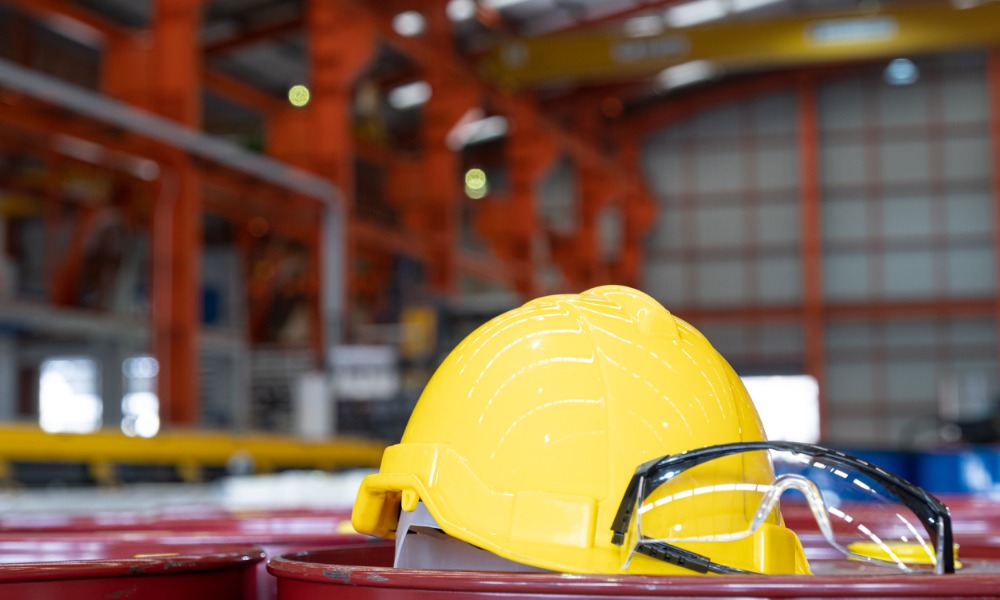
Growing number of states, territories making industrial manslaughter a criminal offense

Industrial manslaughter is now a criminal offence in South Australia after its Parliament this week passed amendments to its Work Health and Safety Act 2012.
The Work Health and Safety (Industrial Manslaughter) Amendment Bill 2023 introduces tougher penalties for organisations that are grossly negligent in conduct leading to breaches in work health and safety duty and death of another person.
Under the bill, individuals can face a maximum penalty of 20 years in prison, while organisations can be fined by up to $18 million if found guilty.
SA Industrial Relations Minister Kyam Maher said the legislation sends a clear message to operators that they will be held accountable if they are reckless or grossly negligent with their workers' health and safety.
"While tragic workplace incidents do occur from time to time, our industrial manslaughter laws recognise it is not an accident when people deliberately cut corners and place worker's lives at risk. It is a crime and it will be treated like one," Maher said in a statement.
The SA government clarified that the legislation does not impose any duties but ensures that penalty reflects the severity of breaches to existing regulations.
The passing of the legislation adds South Australia to the list of states and territories that have criminalised industrial manslaughter, including the Australian Capital Territory, Northern Territory, Queensland, Victoria, and Western Australia.
In October, New South Wales also announced that it will introduce a legislation to make industrial manslaughter a criminal offence in the state.
The NSW government said it plans to introduce the bill to Parliament in the first half of next year, following consultation process among work health and safety experts, business groups, unions, legal stakeholders, and families of industrial manslaughter victims.
NSW Work Health and Safety Minister Sophie Cotsis said they hope the upcoming legislation acknowledges the "significant pain and suffering" of families and loved ones of employees who died in preventable workplace incidents.
"I hope these laws act as such a strong deterrent that no one ever needs to be prosecuted. We must prevent fatal injuries in the workplace," Cotsis said in a statement.
As of November 23, there have been 144 Australian workers who have been killed at work since the same date last year, according to preliminary data from SafeWork.
In 2022, SafeWork tallied a total of 195 fatalities due to traumatic injuries sustained during a work-related activity.
New South Wales recorded the highest number of workplace fatalities that year, with 51. South Australia logged 14 fatalities, according to SafeWork data.